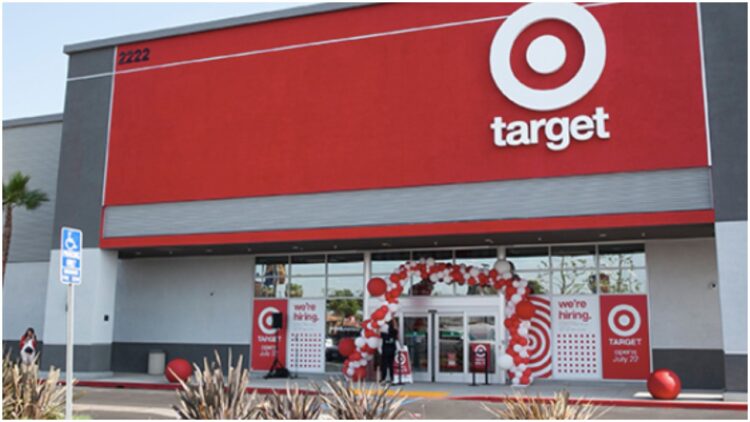According to CNN, mega-retailer Target will begin paying their employees up to $24 per hour. The retailer, based in Minneapolis, made the announcement on Feb. 28.
The company began paying employees a minimum of $15 per hour in 2020. However, workers could now earn up to $24 per hour depending on the wages in their local markets and the job description.
The company is also offering part-time employees health insurance. Hourly employees working 25 hours weekly on average will be eligible for Target’s medical plan. The minimum was 30 hours weekly previously.
The waiting period to enroll in the company’s health plan for hourly workers will also be shorter. Employees will now qualify within three to nine months, depending on their position. Target will also make workers eligible for a 401(k) plan sooner.
Target is spending $300 million on wage increases and benefits for their 350,000 employees. The company also made it easier for its employees to go to college. The retailer partnered with the education platform Guild Education last year to help students go to college for no cost. The company will also pay up to $10,000 to students who continue their education by pursuing master’s degrees.
CEO Brian Cornell told the Associated Press that the changes were due to the changing market.
“The market has changed,” he
said. “We want to continue to have an industry-leading position.”
Target also pledged to
raise the number of Black employees by 20 percent in 2020 over three years. However, according to Bloomberg, the number of Black employees at the retailer has
decreased. While the decrease was minor
— 0.7 percentage points
— the company has not made good on its promise so far. Black employees account for 15 percent of the retailer’s employees. Chief human resources officer at Target, Melissa Kremer, said that the company wanted everyone to be able to continue their education.
“A significant number of our hourly team members build their careers at Target, and we know many would like to pursue additional education opportunities. We don’t want the cost to be a barrier for anyone, and that’s where Target can step in to make education accessible for everyone.”
There is also a national labor shortage. Ninety-six percent of retailers said they had trouble finding workers in a recent survey of 100 stores. Target has approximately 1,900 stores nationwide. The raises and expanded benefits are expected to begin in April.















